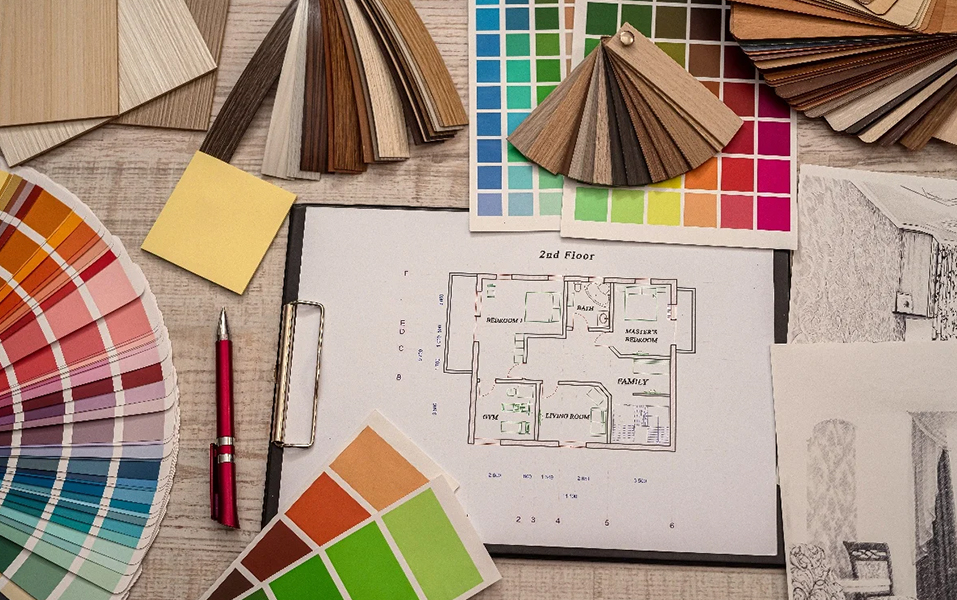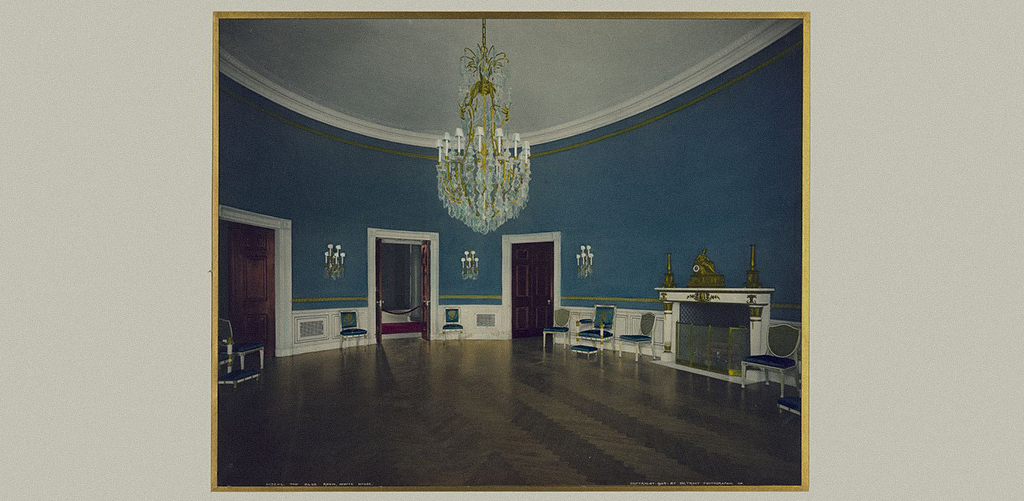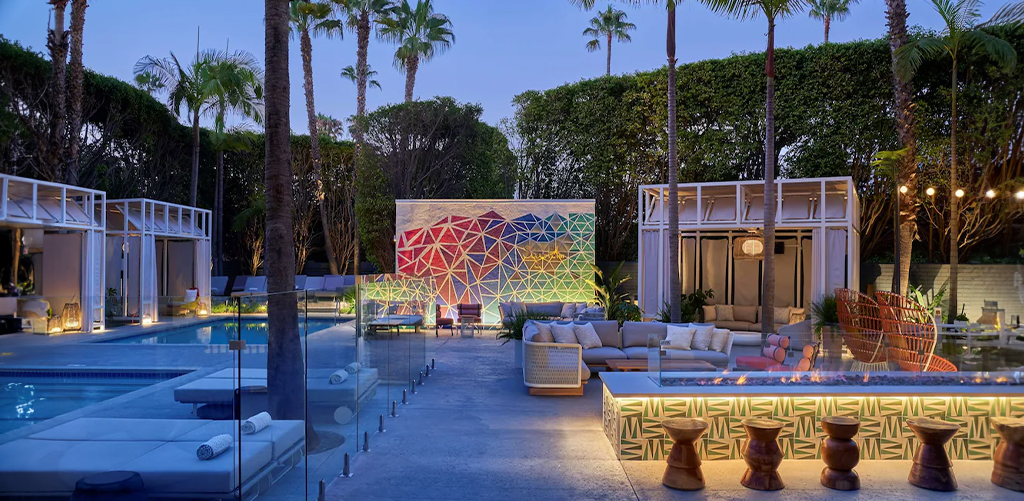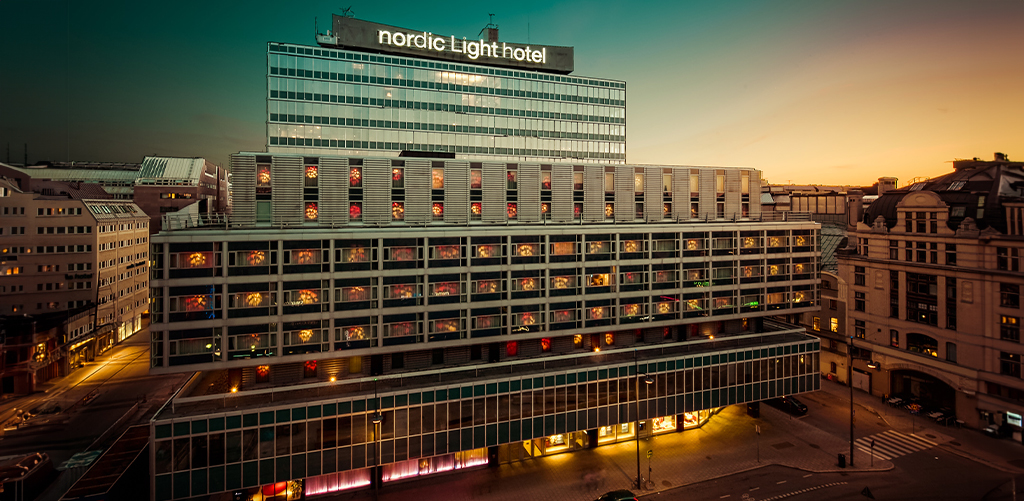

In the world of Interior Design, colours play a significant role in shaping moods, creating atmospheres, and bringing spaces to life. As trends evolve, so do the palettes designers use to craft dynamic environments. Whether you’re decorating a home, office, or commercial space, keeping up with the latest colour trends can elevate your interior design game. At JD Institute of Fashion Technology, our Interior Design course teaches students to master the art of blending colours with aesthetics and functionality, ensuring they are industry-ready to create captivating spaces.
Blue is always an appealing colour in interior design because it is soothing and can be used in many ways. From deep dark to soft pastels, blue will always remain prominent. With these shades, you can make beds feel calm or living rooms feel energised. For example, adding a navy blue highlight wall can turn a room into a cosy haven while still keeping it classy. The Blue Room at the White House is an iconic instance of how blue can communicate sophistication and peace.

One of the most significant trends in interior design right now is the use of earth tones like beige, porcelain, olive green, and warm browns. These colours evoke feelings of tranquillity and a connection to the natural world, providing any room with a sense of serenity and a sense of being rooted in the earth. Kelly Wearstler, a designer who has won numerous awards, frequently employs earthy and warm tones in order to create rooms that are sophisticated and timeless. Her design work for the Viceroy Hotel in Santa Monica exemplifies the use of natural colours to create an atmosphere of luxury and tranquillity.

Interior design is currently experiencing a rise in popularity for the use of vibrant jewel tones such as emerald green, sapphire blue, ruby red, and amethyst purple. Those individuals who are looking to create a statement and make a space more dramatic will find that these bold and rich colours are ideal.
Martin Brudnizki’s design of the Annabel’s Private Members Club in London is a prime example of how jewel tones can successfully create an environment that is lavish and extravagant. Vibrant colours fill the club’s interior, combining to create a visually stunning and unforgettable experience.
The minimalist design style is still very popular, particularly in light of the growing popularity of homes that are inspired by Scandinavian design. Greys, whites, and light tan are examples of neutral colours that offer an appearance that is clean, contemporary, and timeless. These colours are perfect for making interiors look neat and tidy while still giving off a sense of space and warmth. For instance, the Nordic Light Hotel in Stockholm is a well-known example of the minimalist function since it makes use of neutral tones and designs that are straightforward. A sense of peace and simplicity is promoted within the hotel’s interior, which contributes to the space’s effortless impression of modernity.

Considering that sustainability is becoming increasingly important in the design industry, the colour green, in all of its variations, including forest, mint, and slate green, is increasingly being used to represent eco-consciousness. Green not only gives interiors a rejuvenating and energising atmosphere, but it also serves as a reminder of the significance of being environmentally responsible.
Given that it is a sign of growth, freshness, and prosperity, it is an obvious choice for brands that are looking to express a message of environmental conscience.
If you’re passionate about interior design and want to stay ahead of the latest trends, JD Institute of Fashion Technology offers a comprehensive Interior Design Course that covers all aspects of design, from colour theory to practical application. With a focus on creativity, innovation, and real-world skills, the institute prepares its students to become leaders in the dynamic field of interior design.